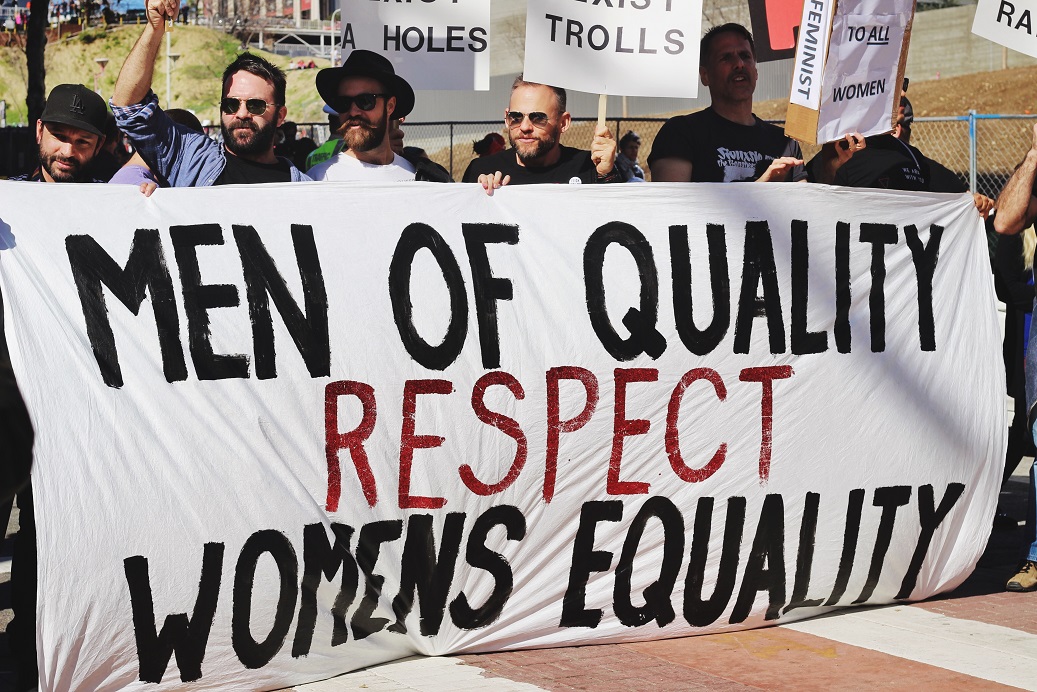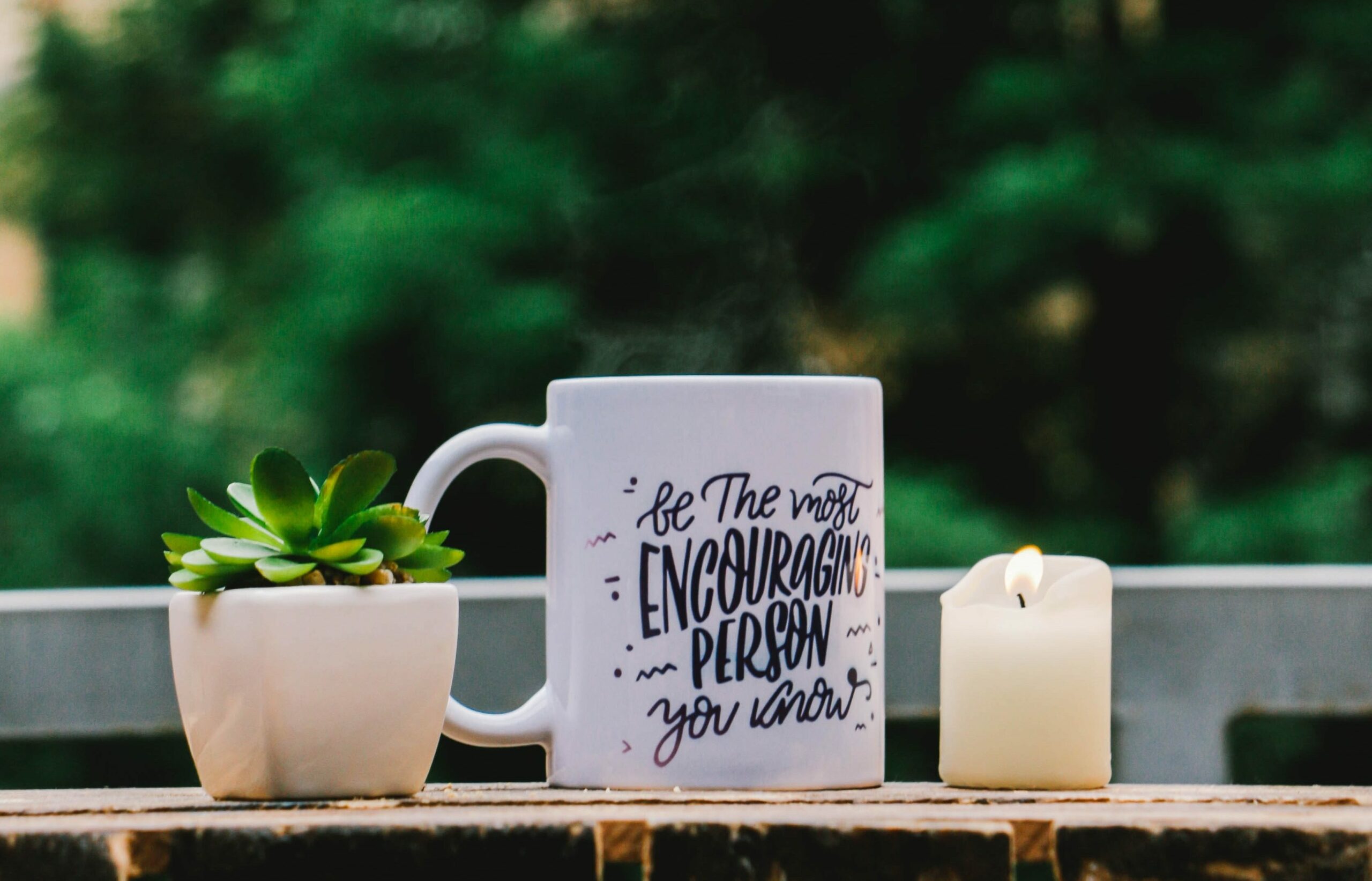Never has patriarchy been more in the news. Underneath the shocking stories of harassment emerging nearly daily, we read of patriarchy’s more devastating effects – sky-rocketing rates of maternal and infant mortality that place Texas on a par with Africa. How can that be happening in 21st century America? Haven’t we put all that behind us? Perhaps we shouldn’t be so surprised. Among all the social and political relationships that govern our lives, the relationship between men and women is arguably the most resistant to change. The #MeToo movement has shown that patriarchy is sticky; it lingers tenaciously in the corridors of power, never quite scrubbed out by feminism.
As difficult as it is to change a political system – to remove a dictator and establish a democracy, for example – it is even more difficult to overturn the fundamental relationship between men and women. Many political reformers don’t even try. The Arab Spring saw male activists working to expand rights for men while restricting rights for women. Yet, as Professor Valerie Hudson and her colleagues argue in Sex and World Peace, political democracy and democracy between the sexes correlate closely. You are unlikely to have one without the other.
The early Communist regimes in Russia and China mandated equality of the sexes. For all their brutality, they viewed women as equal to men. Yet even they failed to achieve parity. When Communism collapsed in Russia, Russians looked nostalgically to their past and embraced the patriarchal teachings of the Orthodox Russian Church. In China, severe discrimination persisted in spite of Mao’s progressive policies for women — so much so that 10% of China’s female population vanished.
Why is this? Certainly economic factors play a role, but even countries with flourishing information-based sectors, such as India and Iran, have produced little progress for women.
Patriarchy thrives in the company of other abuses. Against a backdrop of racial, ethnic, or class injustice, patriarchy can be hard to spot. Sometimes, it looks almost benign. Stated differently, patriarchy is the price we pay for tolerating other injustices, usually injustices that work to our advantage, such as racial and economic inequality.
This is not the only reason that patriarchy persists, but it is a reason. Importantly, it is one that each of us can address. Like the men who wanted democracy for themselves but not for their women, too many of us want to have our cake and eat it, too. We want to work on an equal footing with men while retaining the privileges of class and race that catapult us over the poor and brown-skinned.
Let’s make this more personal and immediate. The other night I went out to dinner. An African American valet parked my car and addressed me as “ma’am.” (I should have called him “sir.”) A Mexican server brought my food while Mexican cooks labored mightily in the kitchen, preparing food and washing dishes. I returned to a home cleaned by Mexican women, perched on a lawn trimmed by Mexican men. Throughout the evening, I was keenly aware of my upper middle class white privilege. I have always tipped and paid more for these services, but that’s of little consequence. I still benefit from the inequality that provides me with so much for so little.
How can we expect men to give up the advantages of patriarchy if we ourselves cannot relinquish the advantages of class and race? Tolerating that inconsistency banishes us to moral limbo. To bring about the change we want — to overturn patriarchy – we have to eliminate these other power imbalances, even at great personal cost to some of us who benefit from them.
That’s a strong statement! Am I really committed to it? Yes, I have mulled over these questions for decades, migrating slowly, even reluctantly, to this new position. Now, I honestly can say, personally, that I am willing to pay higher taxes, pay more for services, and live in a smaller house, if necessary. I will sacrifice to see educational opportunity distributed across all sectors of society – not only because that is just, but because our democracy hinges on it. I’m exhausted from watching elite private schools perpetuate an aristocracy of wealth and whiteness. I long for a system of fairly funded public schools providing good education to all our children.
If we allow ourselves to tolerate a democracy built on rights and resources for my kind of person, but not your kind of person, we are unlikely to achieve gender equality. If we are serious about ending patriarchy, we must give up our cafeteria-style democracy and bridge the vast chasms of class, race, religion, and ethnicity. It’s all or nothing! Then patriarchy will have nowhere to hide. This is the best option for us all. Let’s not underestimate the benefits of a just society and a bright future for our children — I, for one, choose to live hopefully with less, rather than fearfully with more.
Photo by Samantha Sophia on Unsplash














Thank you, Beverly, for a new angle on this transformation we want. Your acknowledgement of the costs and your willingness to incur those costs brings equality immediately into reality and out of ideology. I think you’re right. However, I bridle a bit at the idea since I have borne so many compromises and detriments because I’m female.
And, I’m so curious about your opinions: is there any society you know about from recorded history which wasn’t patriarchal? I encountered someone who made the point that there is no such thing as a matriarchy because women, when respected as equals, create a partnership culture. Do you agree?